A new magazine on the Bulgarian market – Experience Bulgaria – is setting itself the task of presenting the history, the traditions, the culture and the nature of Bulgaria, because “To get to know the country, you must see it through the heart, not the eyes.”
But how can Bulgaria be revealed to foreigners, or to Bulgarians, in a new way, in all of its diversity? That is a question one asks oneself after meeting Svetlana Radeva, whose proposition is “to experience the spirit and the traditions of our land together.”
The Experience Bulgaria magazine (https://experience-bulgaria.eu/) is not just one more penny-a-line tourist guide, but more of a popular science publication, written by experts. It is targeted at Bulgarians living in the country and abroad, but its English-language version has a far wider outreach. The idea was a long time in the making.
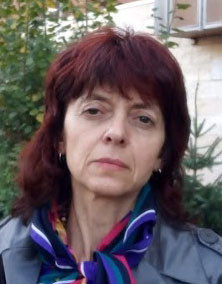 “It fills a void on the Bulgarian market, as it focuses on ethnology – both popularly, with items written by journalists, and from an expert point of view,” Svetlana Radeva says. “The articles about the individual regions are written by local experts. The idea is to convey the spirit of the respective part of the country. In fact, it is a worthwhile resource of contemporary tourism, which we might call “boutique”. Big resort complexes are past their heyday, and interest in traditional lifestyle and culture is growing.”
“It fills a void on the Bulgarian market, as it focuses on ethnology – both popularly, with items written by journalists, and from an expert point of view,” Svetlana Radeva says. “The articles about the individual regions are written by local experts. The idea is to convey the spirit of the respective part of the country. In fact, it is a worthwhile resource of contemporary tourism, which we might call “boutique”. Big resort complexes are past their heyday, and interest in traditional lifestyle and culture is growing.”
Experience Bulgaria is a magazine for the entire family, because besides the texts, it also includes something that can be done with the hands – modern needlework based on traditional arts and crafts, or ancient cooking recipes:
„There are patterns for knitting mesh woolen socks typical of the Pomaks, there are several embroidery patterns, modern handpainted scarves with embroidery patterns by young master embroiderer Violeta Saparevska. Foremost ethnologist Assoc. Prof. Dr. Svetla Rakshieva has written a text about bread as an element of the Bulgarian national tradition. There is an item about the ritual “panagea” in Kyustendil – a festival of bread, pagan in nature. An event that is incredible to watch, with a tourist potential, though as yet unused by tour operators.”
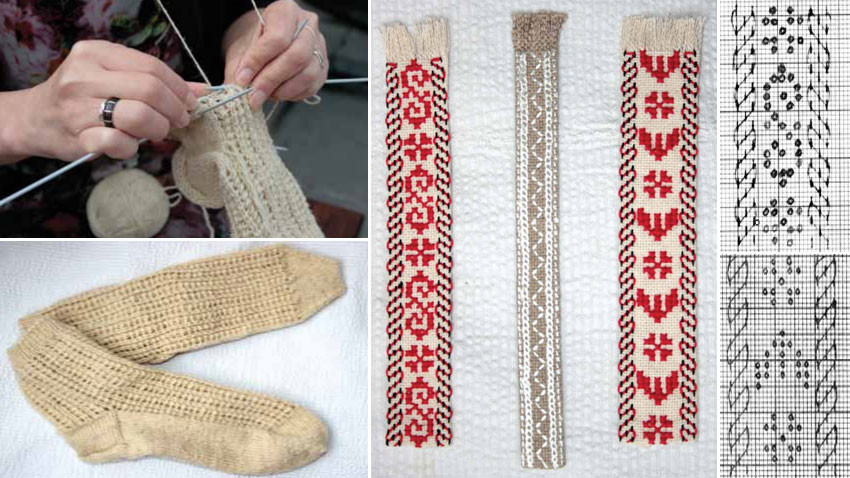
For now, Experience Bulgaria is quarterly, coming out once every three months on paper and as online. Each issue will present a museum and the cultural heritage of its region. After the item on the Museum of History in Kyustendil and the ancient town itself, famed for its mineral water and cherries, the second issue will include a story about the cultural heritage of Doupnitsa and Dryanovo Monastery.
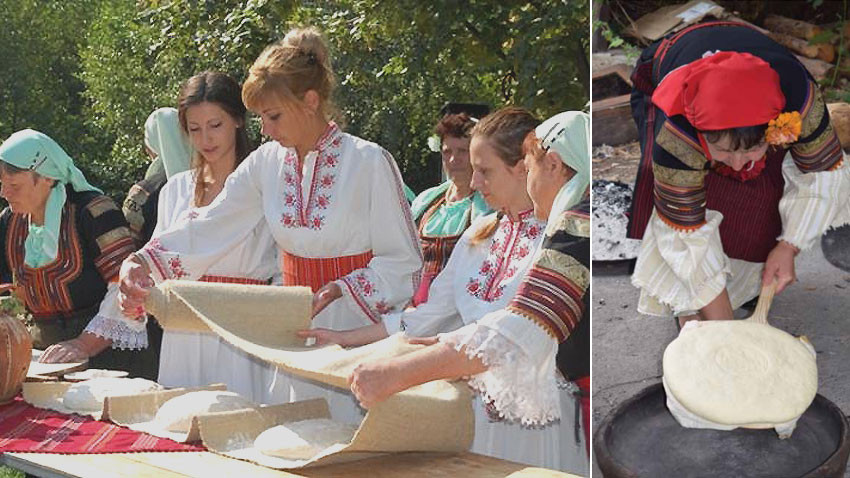
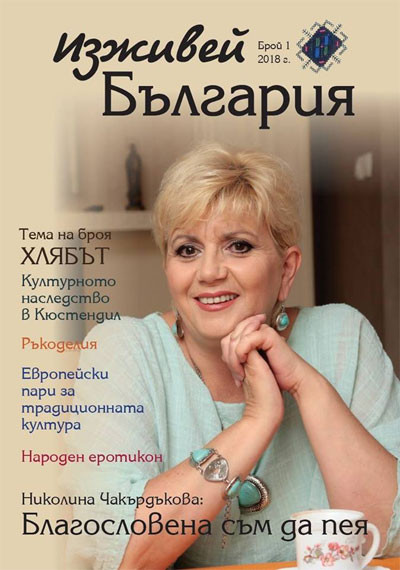
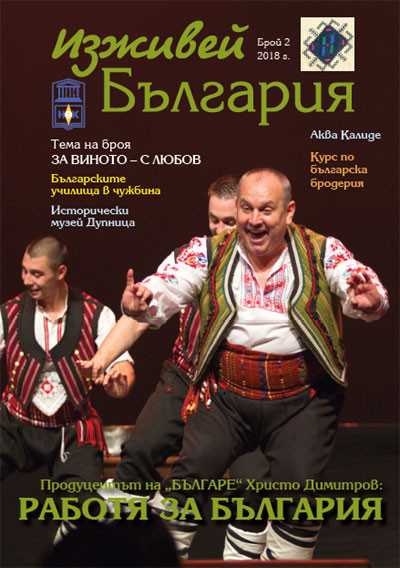 It is no coincidence that on the cover of the first issue is folk singer Nikolina Chakardakova, who talks about Bulgarian folklore, human values and ethno fashion. In the new edition, the topic is elaborated upon by choreographer and director, the man who crated Bulgare national folklore ensemble, Hristo Dimtitrov. “They are both so keen on all things Bulgarian,” Svetlana says. “Bulgarians should learn to appreciate what they’ve got and preserve their folklore.”
It is no coincidence that on the cover of the first issue is folk singer Nikolina Chakardakova, who talks about Bulgarian folklore, human values and ethno fashion. In the new edition, the topic is elaborated upon by choreographer and director, the man who crated Bulgare national folklore ensemble, Hristo Dimtitrov. “They are both so keen on all things Bulgarian,” Svetlana says. “Bulgarians should learn to appreciate what they’ve got and preserve their folklore.”
The magazine works with, and will present projects by the National UNESCO Club for Scientific Expeditions. The new, second issue of the magazine will focus on Bulgarian schools abroad:
“They are remarkable, and have done things no one else in Bulgaria has ever been able to do, uniting everybody, from Bulgarian MEPs, no matter their political orientation, so that, very soon, the Bulgarian language will be a matriculation subject at European schools, for example. In USA this is a fact – the fee for the Bulgarian language matriculation exam is covered form the US budget, and the exam is valid for entry into American universities. Bulgarians abroad have been popularizing Bulgarian culture around the world.”
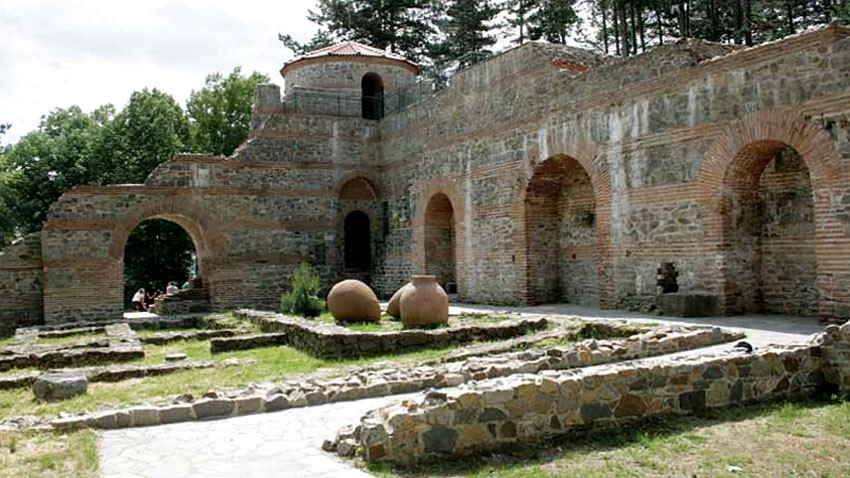
Svetlana Radeva is an ethnologist, author of books and articles about Bulgarian embroidery, she has defended a dissertation on the cultural and historical heritage of the Kapantsi, a quaint ethnographic group in Northeastern Bulgaria.
“I embroider and I knit, I have been doing so since I the age of 4-5, before I could even read or write… I made modern items of clothing with embroidery, and then I got to the point of ethno-genesis, analyzing embroidery techniques from a scientific point of view. Embroidery is very conservative, and Bulgarian embroidery is so much more than little crosses!”
English: Milena DaynovaPhotos: experience-bulgaria and Elena Paskalov
An exhibition in memory of the great Bulgarian actor Georgi Partsalev, on the occasion of the 100th anniversary of his birth, opens today in the open-air gallery in the garden in front of the Ivan Vazov National Theatre. The exhibition "Don Quixote of..
They say that Divna Shalich Lafchieva was a woman with many homelands. Like the multifaceted nature of her soul, she was also a woman with many vocations. But the most important thing is that from the paths she has left her..
The director of the Sofia Philharmonic Orchestra, Nayden Todorov, will conduct an opera gala in Prague tonight featuring renowned Romanian soloists. Soprano Angela Gheorghiu and tenor Teodor Ilincăi will perform arias and duets by Handel, Puccini,..

+359 2 9336 661
